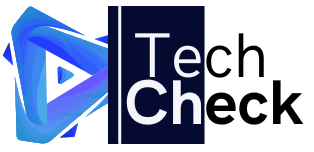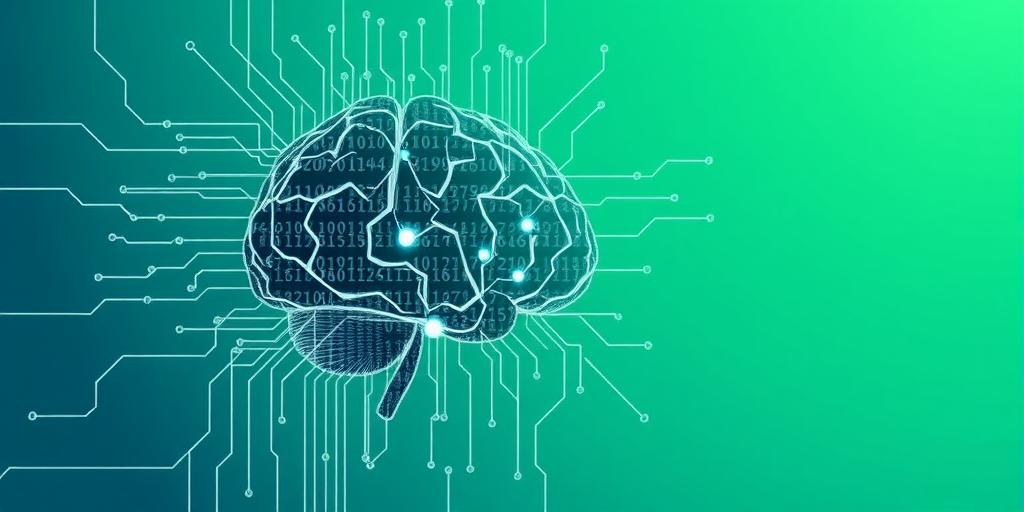This U.S. AI can detect lies with 99% accuracy? Whoa, hold up. Let's be real, that sounds like something out of a sci-fi movie, right? But apparently, it's a thing now. I was reading about this AI the other day and my mind was blown. 99%? Seriously? That's wild.
So, the question is: is this ethical? I mean, think about it. Could this lead to a world where everyone is constantly under suspicion? What about false positives? What if the AI is wrong, and someone's life is ruined because of a faulty algorithm? We've all had those moments where we might have bent the truth a little, you know?
This AI is supposedly trained on tons of data – facial expressions, micro-expressions, voice inflections, the whole shebang. It's supposed to pick up on subtle cues that we might not even be aware of. But here's the thing: humans are complex. We're not robots. We can be deceptive, sure, but we're also capable of nuanced emotions. Can an AI truly understand the difference between a nervous tic and a deliberate lie? That's the million-dollar question.
Then there's the issue of privacy. If this technology becomes widespread, it could have major implications for our privacy. Imagine every interaction being monitored, analyzed, and judged by a machine. Suddenly, that casual conversation with a friend could be scrutinized for signs of deception. Yikes!
I know, this is wild — but stay with me. There are some potential benefits, too. Think about law enforcement, for example. Could this help solve crimes? Maybe. But we need to be incredibly cautious about how we use this technology. We need to consider the potential for misuse and abuse. We need to make sure there are safeguards in place to protect people's rights.
The ethical implications are huge. This isn't just about technology; it's about trust, privacy, and the very fabric of our society. It's a slippery slope, my friends, a very slippery slope.
Have you tried this? Would love to hear your take!









